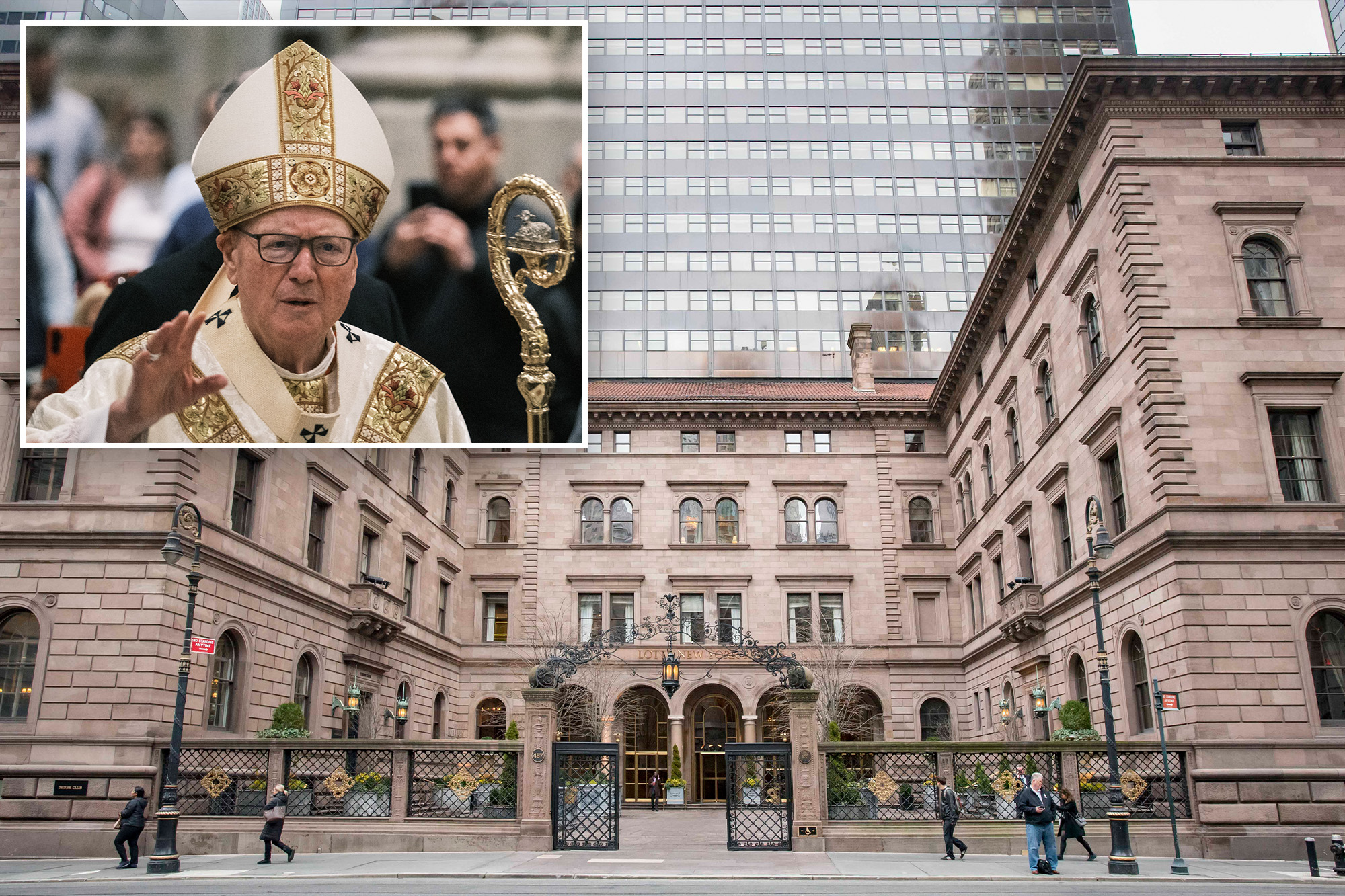W
e all have our guilty pleasures, whether it's overpriced smoothies or daily Starbucks runs that add up to $5, $7, or even $10 a pop. While these small indulgences may seem harmless, they can quietly drain your finances when they become habits. Spend $5 a day at Starbucks and you're out $100 a month, which could be building passive income through real estate investments.
A new platform called Arrived, backed by Jeff Bezos, makes it possible to invest in actual rental homes for as little as $100. You earn income from rent and get a cut of the profits when the property appreciates, all without lifting a finger – Arrived handles everything. By redirecting just $100 a month, you'd have $1,200 saved by the end of the year, enough to buy shares in 10+ different properties.
Properties on the platform offer targeted annual returns of 5.4% to 7.2%, based on rental income and property appreciation. This growing stream of passive income is tied to real assets, unlike a savings account or 401(k), where you'd have to wait decades for results. With Arrived, your portion of the rent hits your dashboard every quarter, allowing you to reinvest it, cash it out, or let it accumulate.
You're not just buying a stock; you're owning a slice of a real, income-generating home. Warren Buffett once said, "If you don't find a way to make money while you sleep, you will work until you die." With Arrived, you can start earning passive income with just $100.













